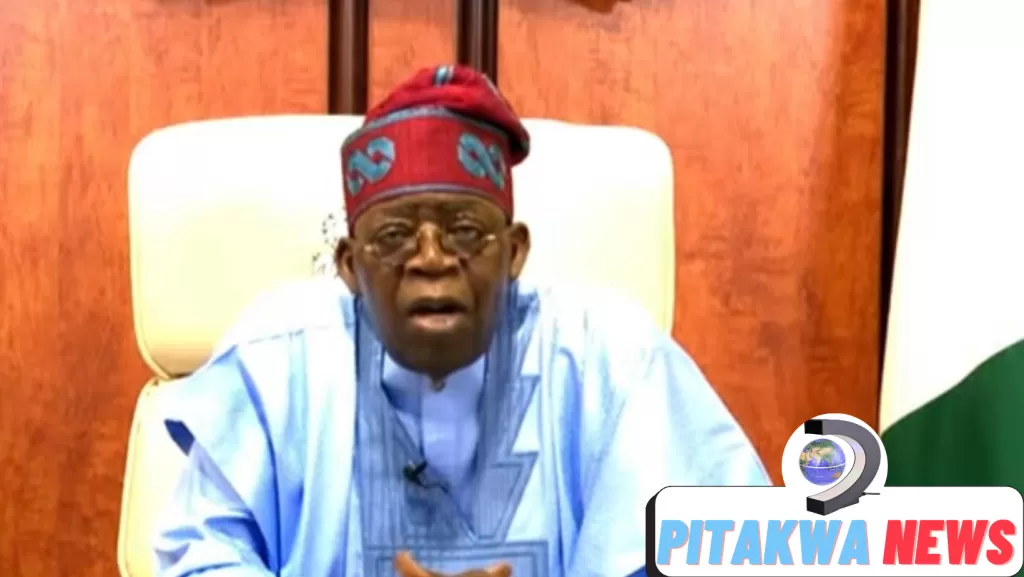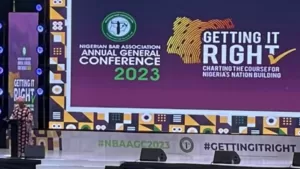NBC Bans Eedris Abdulkareem’s Song “Tell Your Papa” from Nigerian Radio and TV

The National Broadcasting Commission (NBC) has barred Nigerian radio and television stations from airing the trending song “Tell Your Papa” by veteran rapper Eedris Abdulkareem, citing its “objectionable nature”. The song’s lyrics are deemed to be in breach of broadcasting standards, specifically Section 3.1.8 of the Nigeria Broadcasting Code, which prohibits content that violates public decency.
Why the Ban?
The song’s lyrics criticize government policies and highlight widespread hardship in Nigeria. It directly addresses Seyi, the son of President Bola Tinubu, urging him to confront his father over the country’s economic crisis. The NBC considers the song’s content to be inappropriate for broadcast.
The Song’s Background
“Tell Your Papa” was released earlier this week and quickly gained popularity on social media. The song is a response to Seyi Tinubu’s recent praise of his father as “the greatest president in Nigeria’s history”. Eedris Abdulkareem’s lyrics paint a grim picture of the hardships facing everyday Nigerians.
Public Reaction
The ban has sparked mixed reactions from the public, with some seeing it as a form of censorship and others agreeing with the NBC’s decision. Many are still sharing and listening to the song on social media platforms, with some even calling for more activism and dissenting voices. The ban has also sparked debate about the role of music in speaking truth to power and the limits of free speech in Nigeria.
Implications
The ban on “Tell Your Papa” raises questions about the role of regulatory bodies in controlling creative content. It also highlights the tension between artistic expression and government oversight. As the debate continues, it remains to be seen how this incident will impact the music industry and freedom of expression in Nigeria.
Conclusion
The NBC’s ban on Eedris Abdulkareem’s song “Tell Your Papa” has sparked a national conversation about censorship, artistic expression, and government oversight. While the ban may have limited the song’s broadcast on radio and TV, its impact on social media and the music industry as a whole remains to be seen.







